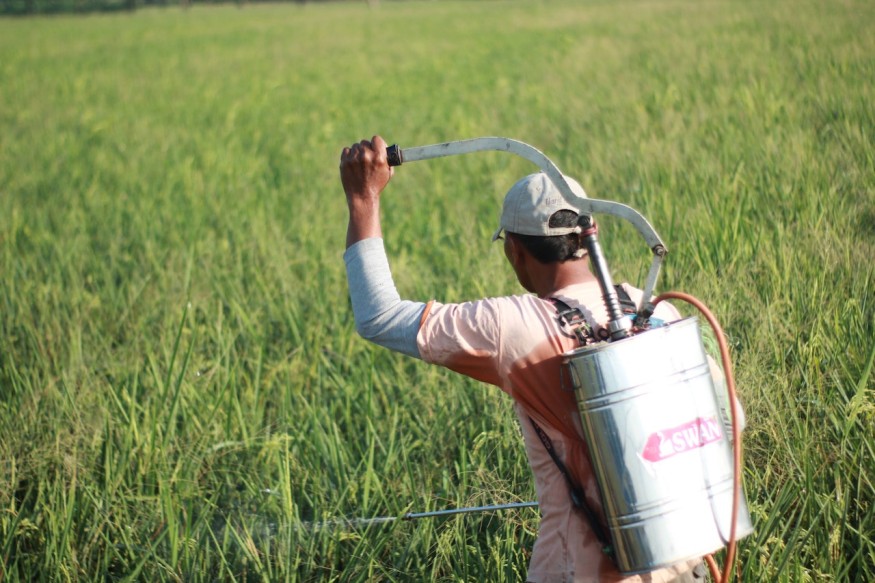
According to a new study, ferns apparently contain insecticidal proteins that can save crops. This novel discovery could enable the development of plant-made protein pest control for plants that are crucial to global food supply and production.
Insecticidal Proteins in Ferns
According to professor Marily Anderson from La Trobe University, the structural analysis reveals that though the protein is plant-produced, it actually carries several features that are common with three-domain Cry proteins. The latter is extensively used in agricultural settings for controlling insects. They help protect crops against damage caused by lepidopteran, or caterpillar, pests.
The study, which was conducted by researchers from La Trobe University and from the University of Melbourne, sheds light on a novel insecticidal protein family known as IPD113. This can be found in ferns like "brake" or Pteris species, which are houseplants that are popular.
The proteins were found to be very effective when it came to artificial assays based on diets when combating six major caterpillar pests that attack soybeans and maize. On top of this, maize and soybeans that produce proteins of IPD113 were found to resist insect leaf, stem, and ear damage more compared to plants of the control group.
Crystal structure analysis on one of the protein samples showed that there was a shocking similarity with the structure of some insecticidal Bacillus thuringiensis (Bt) proteins, despite the protein samples being plant-derived.
The fern proteins also lacked a part that is usually present in Bt proteins. However, the former was still found to maintain its effectiveness.
The proteins' discovery offers promises and potential for developing novel tools for combating insect pests that threaten the production of fiber and food. They also serve as an alternative and possible solution to the growing issue of pest resistance against current insecticides.
Insecticides For Pest Control
Insects are a huge threat faced by crops as these creatures may feed on leaves, stems, and roots. As a result, these plants may end up unsuitable for consumption or altogether damaged. This is where insecticides come into the picture.
Insecticides are typically used for controlling insects either by killing them or by stopping them from doing destructive or undesirable actions. They are typically used in public health, agricultural, industrial, commercial, and even household applications. The most common ones are pyrethroids, carbamates, and organophosphates. These substances work to mitigate against one or more insect species.
When it comes to major global crops, including cotton, soybean, and corn, pest control utilizes transgenes from Bt to make insecticidal proteins to protect against major insects that attack these crops. Scientists have been looking for alternative solutions as pests may end up getting resistant to the proteins.
Check out more news and information on Environment & Climate in Science Times.











